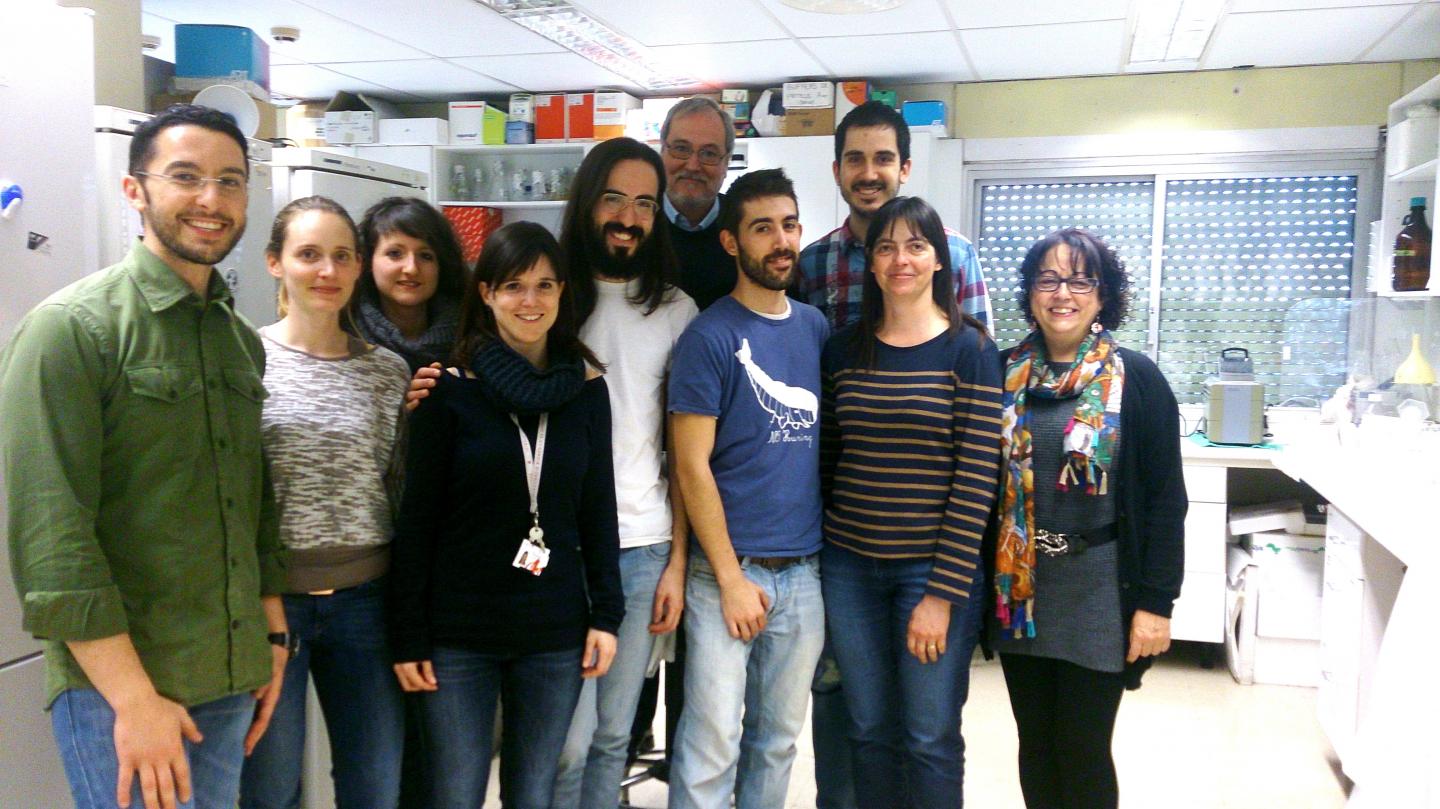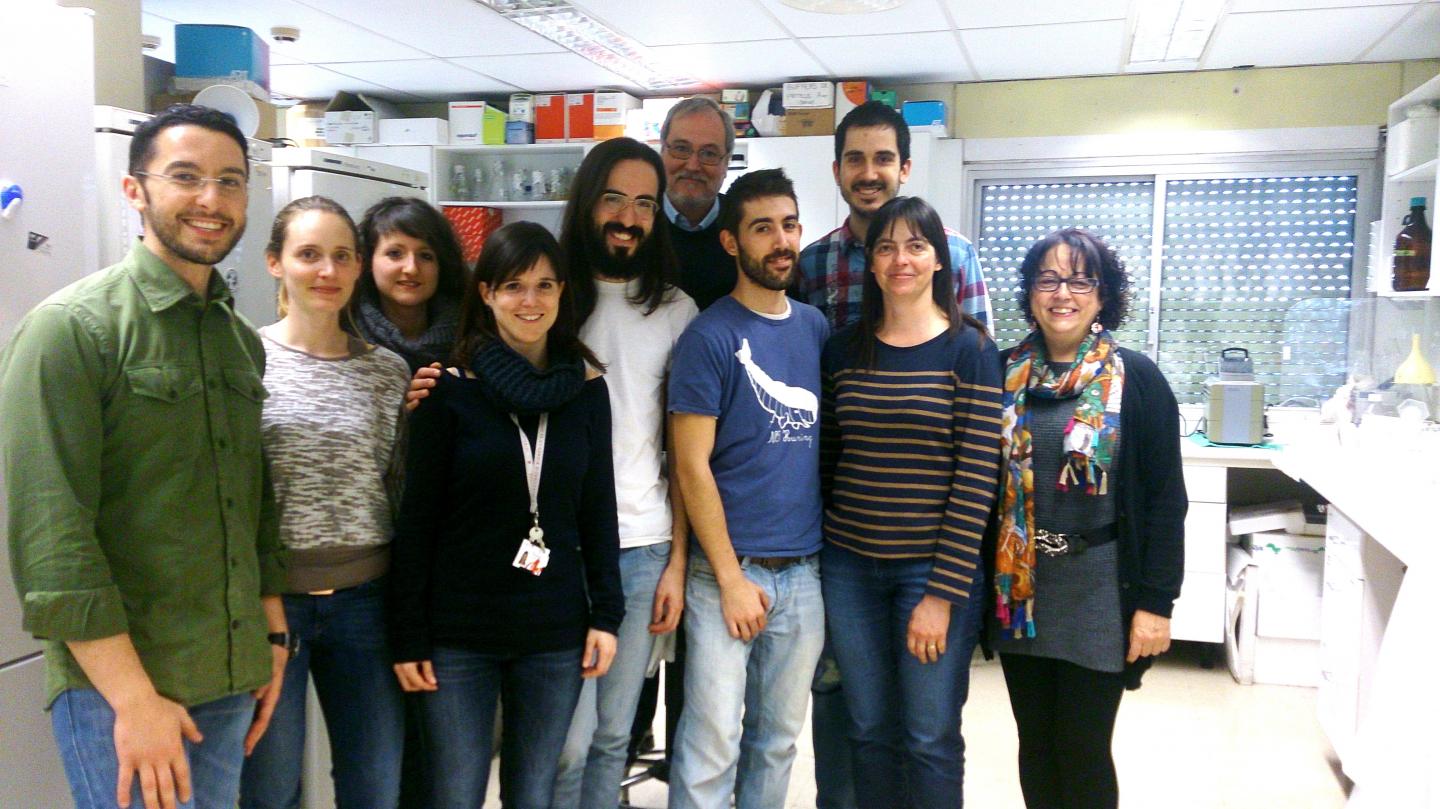
Credit: IDIBELL
Researchers of the TGF-beta and Cancer group of Bellvitge Biomedical Research Institute (IDIBELL), in collaboration with King's College London, have unveiled the role of NADPH oxidase NOX4 as an inhibitor of the epithelial-amoeboid transition, a process that contributes to the migration and invasion of tumor cells. The study has just been published in the journal Oncogene.
In previous studies, the researchers suggested that NOX4 acts as a tumor suppressor in the liver, through inhibiting cell proliferation. "In this work, we proved that NOX4 also is an important inhibitor of the invasion and metastasis of liver tumor cells," explains Dr. Isabel Fabregat, leader of the IDIBELL research group.
In vitro studies indicate that NOX4 silencing in liver tumor cells induces a migratory movement known as amoeboid. The amoeboid movement, related to cell contractility, is regulated by the Rho family of proteins; increased expression of these proteins results in this type of movement, associated with aggressive metastases.
In the study in hepatocellular carcinoma patients, it was observed that a significant number of cases present NOX4 deletions; in addition, those patients with a low expression of NOX4 and a high expression of Rho proteins had a much worse prognosis. "This gives to our in vitro study a translational relevance, since it brings forward new prognostic biomarkers for this type of cancer", the IDIBELL researcher comments.
NOX4 is regulated at the transcriptional level by the TGF-beta cytokine, which has been studied by the research group for more than 15 years. It is known that TGF-beta acts as a tumor suppressor in early stages, but it becomes an inductor in late ones. According to previous studies of the group, when the expression level of NOX4 is high, TGF-beta behaves like a suppressor so the use of drugs inhibiting TGF-beta would be counterproductive. The present study suggests that when the expression levels of NOX4 are low and those of Rho proteins are high, patients could be ideal candidates for this type of drug. "Thus, low expression of NOX4 could not only be used as a marker of poor prognosis but also as a marker for the use of TGF-beta inhibitory drugs," concludes Dr. Fabregat.
###
The work, whose main author is Eva Crosas-Molist, was co-directed by Victoria Sanz Moreno, from King's College, and Isabel Fabregat from IDIBELL. These findings have redirected the research line of the IDIBELL group, which will now focus on in-depth study of the molecular mechanisms regulated by NOX4 in liver cancer.
Media Contact
Gemma Fornons
[email protected]
0034-638-685-074
@idibell_en
############
Story Source: Materials provided by Scienmag





